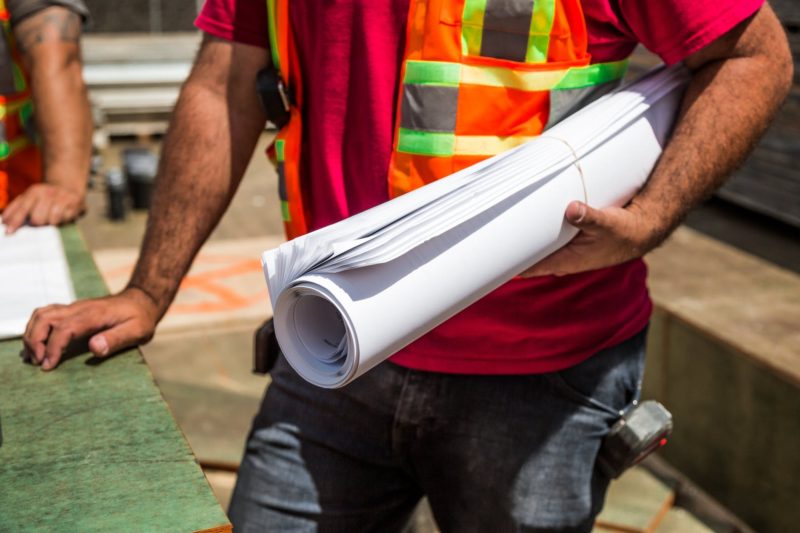Can I sue an unlicensed contractor? Can an unlicensed contractor sue me? These are questions that often arise in contractor disputes. And the answers are surprising. One of the most draconian laws within the Business and Professions Code is Section 7031, which governs unlicensed contractors. Under Section 7031, a client may legally refuse to pay an unlicensed contractor for any work performed or for any materials furnished, if the contractor was unlicensed during any portion of the project. Going further, Section 7031 allows the client to sue and recover any compensation already paid to the unlicensed contractor – without any offsets for services or materials.
But it doesn’t end there. Under Section 7031, the unlicensed contractor is left without any defenses – in law or in equity. Equitable defenses such as unjust enrichment and unclean hands are unavailable to the unlicensed contractor. Tort claims such as fraud in the inducement, are also unavailable. In effect, the unlicensed contractor may not recover any compensation for the project, even if the homeowner knew the contractor was unlicensed. This also means that an unlicensed contractor cannot maintain any lawsuit against the homeowner to recover any compensation.
The harsh repercussions of Section 7031 can affect many individuals, as the Business and Professions Code broadly defines a contractor as any person who offers through themselves, or through others, to construct, alter, or repair any structure.
The purpose of Section 7031 is to deter unlicensed contractors from offering services and to protect the public from incompetence and dishonesty in those who provide building and construction services. Section 7031 also serves to provides contractors an incentive to obtain a license so they may gain a minimal understanding of applicable local laws and codes that affect safety. A motivating factor in Section 7031’s enactment likely stems from the urge to curb California’s estimated annual $60 to $140 billion-dollar underground economy, where many unlicensed contractors do not pay taxes, have insurance or bonds.
So, is there any way out? While defenses are available to the unlicensed contractor, there are several narrowly-carved exemptions within the Business and Profession Code. The first exemption, under Section 7053, is an “employee” classification of an owner-builder. Under this exemption, the unlicensed contractor may work under the supervision of the property owner. This arrangement must be carefully crafted, as several factors can take the unlicensed contractor out of the “employee” classification, and out of the Section 7053 exemption. Factors that classify the unlicensed contractor as an employee (rather than the unprotected independent contractor) include: the contractor receiving wages as the contractor’s sole compensation; the contractor not having an independent company that provides construction services; and the contractor not having control or discretion over the performance of work or the ability to determine the final results of the project.
Other sub-factors include the right to hire and discharge workmen; whether the contractor profited from purchasing material or from wages paid to subcontractors; whether the employee may terminate the employment without cause at any time; and whether the parties believed they were creating an employer-employee relationship. It is also important to note that an employment relationship subjects the owner-builder to workman’s compensation liability.
The licensing requirement does not apply to persons licensed as civil or professional engineers or to licensed architects who work solely within their professional capacities, such as contract administration and construction planning or observation. Further, material suppliers who only furnish materials without fabricating them into a project need not be licensed contractors.
Given the severe consequences of working as an unlicensed contractor, parties to such contracts should consult an attorney to ensure their contract is enforceable and properly within the exemptions of Section 7031.
You can check whether a contractor is properly licensed at the Contractors State License Board.


